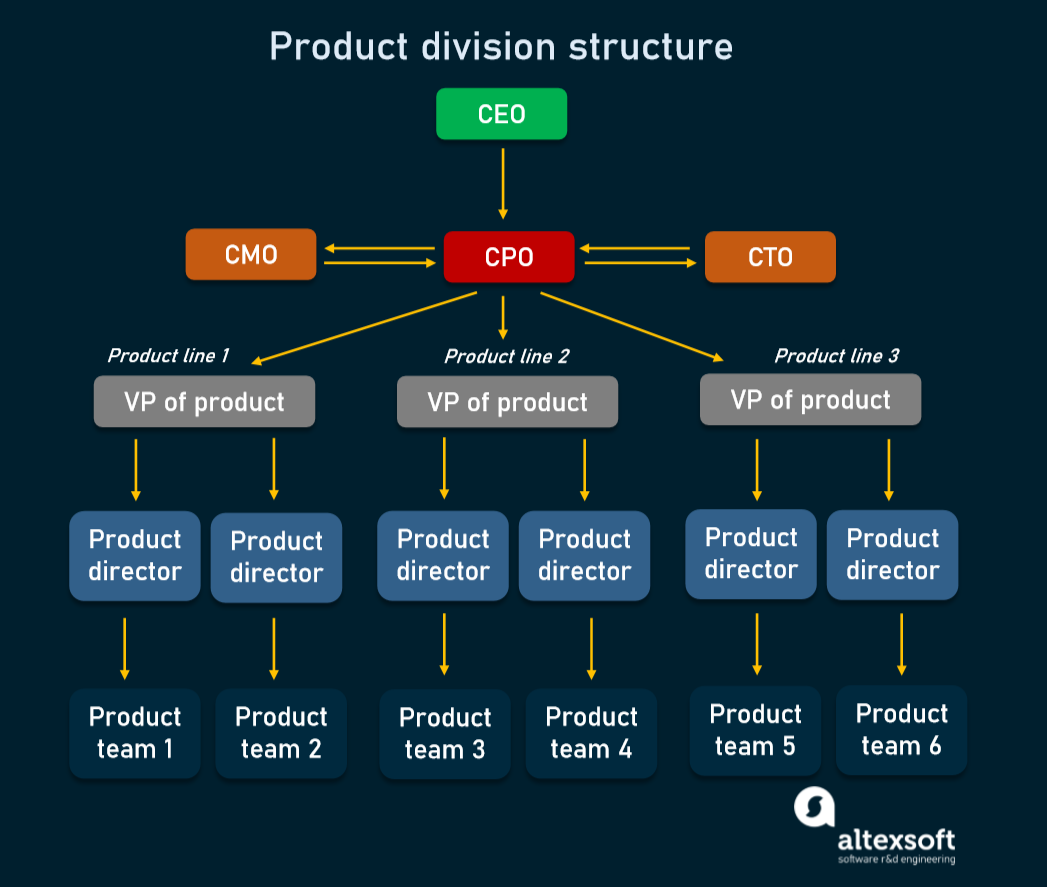The Importance of CFO and CTO Roles in Startups and Growing Companies
Determining the Optimal Leadership Structure
When a company is in its early stages and focusing on developing new and innovative technologies, the CTO will likely play a more pivotal leadership role. Their technical expertise and vision for how the technology could transform an industry or create an entirely new market are invaluable. Securing their commitment as one of the founding members should be a top priority. However, as the business evolves from an idea into a real operating entity, strong financial planning and management become increasingly crucial. Attracting investors and ensuring funds are responsibly allocated requires a capable Chief Financial Officer who understands both accounting principles and business strategy. Their experience managing risk and budgets is essential for navigating this phase of rapid growth and scaling up operations.

Evaluating a Company’s Technological Uniqueness
If a startup is tackling problems or building artificial intelligence and machine learning technologies that have never been achieved before, hiring the right CTO early on could give them a competitive edge that secures funding and skilled talent. Their technical credentials alone may warrant an compensation package comparable to other C-level executives. Equity ownership would further incentivize them to see the vision through from concept to commercialization. However, for companies leveraging existing but innovative technologies to enter new sectors, the priorities may shift more towards marketing, sales, and business development initiatives. While technical proficiency remains important, a proven leader in commercializing disruptive solutions could provide greater value during the initial market penetration phase. Their compensation relative to the CTO would typically be higher under such circumstances.
The CFO’s Critical Role in Managing Finances and Risk
As a company scales and requires larger capital infusions to fuel growth, having a CFO with a strong track record of financial stewardship becomes increasingly vital. Major investors will conduct thorough due diligence on this role to feel confident their funds are in safe hands. A credible CFO adds legitimacy that gives startups a competitive advantage in attracting strategic partners and late-stage funding. Publicly-traded companies face even stricter financial reporting standards that demand pinpoint accuracy. Errors can seriously undermine market trust and share prices. Ensuring statutory compliance is a full-time occupation for the CFO that directly impacts a public firm’s long-term viability. Their salary normally reflects the massive responsibilities and risks associated with this position. While the CEO serves as the external face and leads high-level strategic direction, an effective CFO handles ongoing operations and governance in a way that consistently delivers shareholder value. Their behind-the-scenes contributions sustain corporate momentum and growth over the long haul.
Balancing Equity Ownership with Current Compensation
Early-stage startups often lack the capital reserves to match the compensation packages available to top C-level talent elsewhere. However, granting substantial equity incentives CTOs and other founding team members to take a meaningful ownership stake in the company’s future success. This allows recruiting world-class leadership without breaking the bank initially. Realizing the highest possible exit valuation upon an acquisition or IPO is how early employees can realize the true worth of stock rewards. But there is also no guarantee the business will achieve these ambitious end goals. CFOs required to oversee a company through its adolescence to stability may expect a more competitive salary along with long-term equity to offset career risks. Striking a balance between cash payments and equity grants remains an important consideration for startups looking to attract and properly motive essential leadership at all stages of growth. Compensation philosophies must evolve in step with the business as it progresses from a fledgling venture to mature operation.
Dynamic Leadership Roles Require Flexibility
The lines between responsibility areas like technology development versus financial planning can blur significantly for smaller companies. A engineering-focused CTO may need to take on interim operational oversight duties before a dedicated CEO is hired. Likewise, a CFO newly brought on board to professionalize systems and processes could find themselves adapting to a wider advisory role depending on business priorities and leadership gaps. Both will likely wear multiple hats beyond their core domains, which may factor into compensation negotiations. As technology rapidly transforms entire industries, even well-established companies face continuous disruption. Fluid leadership models that empower key individuals across functions become more important than rigid corporate hierarchies. Startups able to cultivate multifaceted, collaborative “dream teams” will enjoy long-term competitive advantages in unpredictable markets.
Finding the Optimal Leadership Balance is Crucial
In summary, there is no one-size-fits-all approach to determining compensation levels or strategic importance between CFO and CTO roles. Companies must thoughtfully evaluate their unique strengths, stage of development, and long-term goals to design leadership structures apt for the challenges ahead.
Both positions require marquee talent who can shift perspectives between technical operations and financial stewardship. Staying nimble to changing business needs while retaining top performers long-term depends on finding a compensation philosophy all stakeholders perceive as fair. Getting this delicate balance right separates successful high-growth ventures from also-rans.
